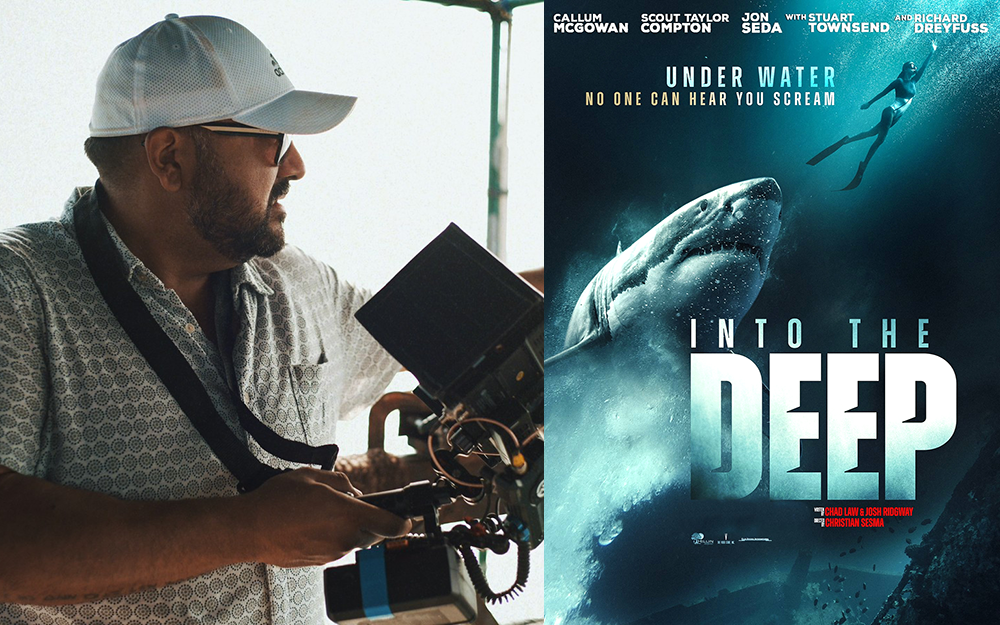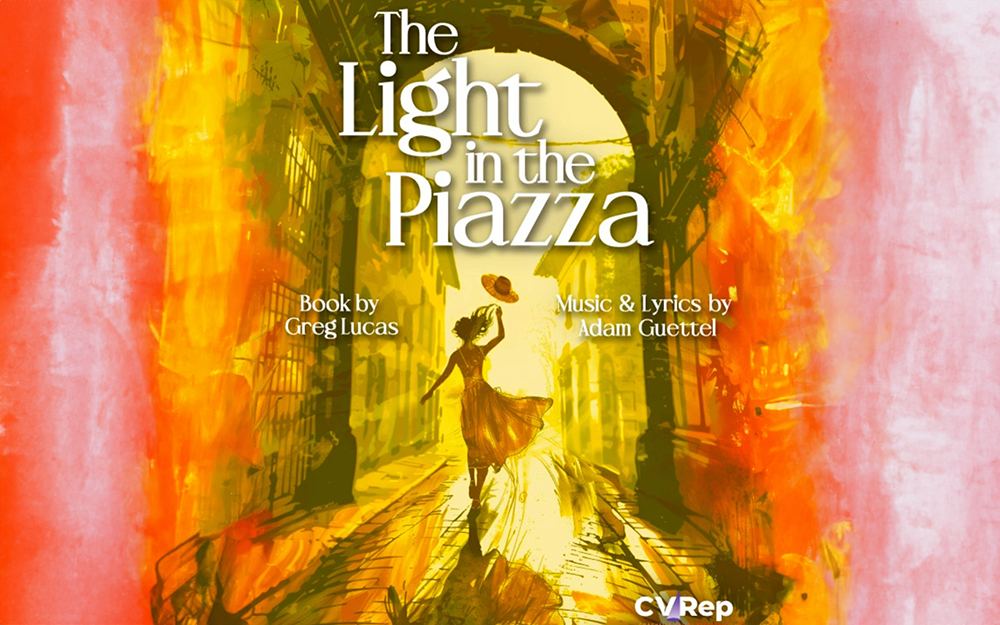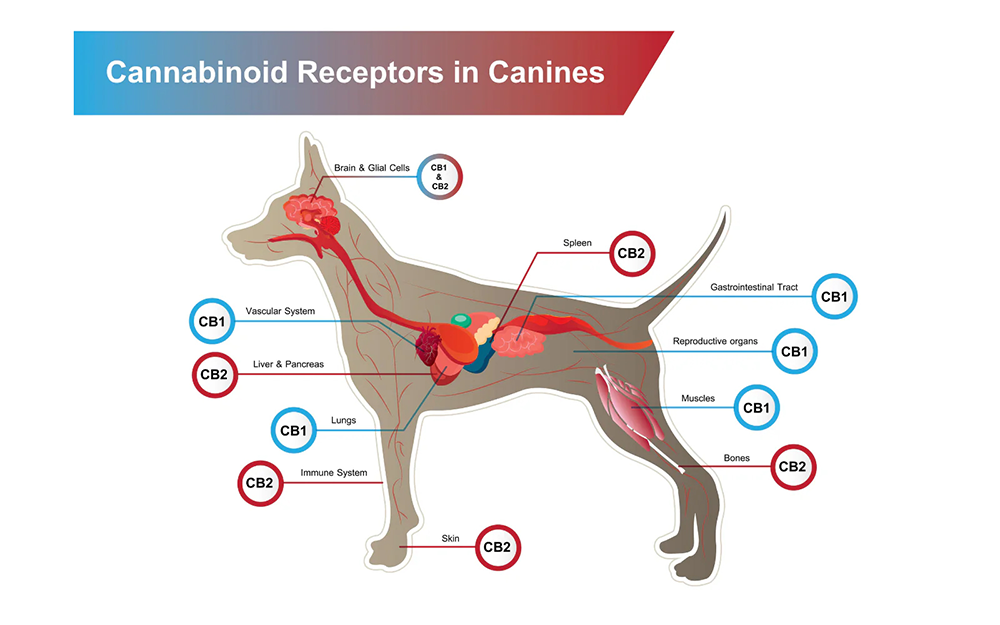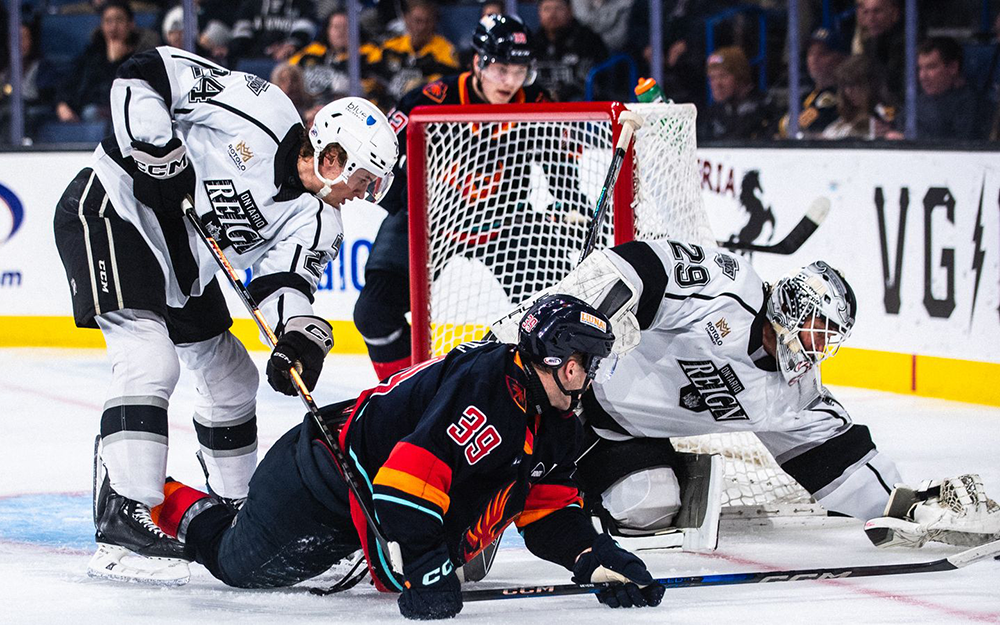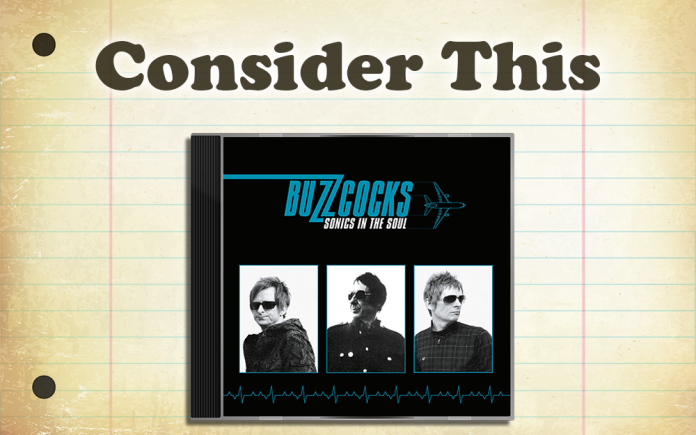
By Eleni P. Austin
England’s Punk Rock revolution happened over 45 years ago, (does that make you feel absolutely ancient?) From the very beginning, three bands received the lion’s share of media attention, The Sex Pistols, The Clash and The Jam. Of course, The Pistols rather ignominiously flamed out, mid-tour after one studio album. Both The Clash and The Jam lasted about five years apiece. Not only did they storm the charts with seminal albums like The Clash and In The City, both bands progressed from their primitive origins and began incorporating influences old and new, including World Music, Reggae and Rap, as well as The Beatles, Motown, Northern Soul, The Kinks and The Who.
They opened the floodgates for bands like Wire, Stiff Little Fingers, Generation X, Siouxsie and The Banshees and The Slits. But in a sea of spit and safety pins, one band stood out from the pack, Buzzcocks. Suggestive name aside, their sound moved past Punk’s primitive cool, creating a prickly Punk/Power Pop paradigm that has stood the test of time.
Students Pete Shelley (ne’ McNeish) and Howard Devoto (ne’ Trafford) met in the mid ‘70s and bonded over a shared love of The Velvet Underground and The Stooges. They originally recruited a drummer and started playing as a three-piece, but the whole thing fell apart before it really began. Piqued by all The Sex Pistols press, the pair ventured to London to catch a gig, and minds were blown. Returning home, they vowed to form a band that would replicate The Pistols’ London success in their hometown of Manchester.
There were a couple of false starts, but they recorded a demo and managed to snag a spot opening for The Sex Pistols on their Anarchy tour. Borrowing some dough, they recorded a debut EP, Spiral Scratch, which arrived in early 1977, via New Hormones, the band’s own indie label. It sold 1,600 copies before going out of print. Not long after, Howard quit the Buzzcocks (he would go on to form Magazine). Following Howard’s departure, Pete assumed the role of lead vocalist, bassist Steve Diggle took over as guitarist, Garth Smith anchored the low end on bass, along with drummer John Maher. Signing with the United Artists label, they were granted complete artistic control. They immediately tested those boundaries by releasing the incendiary single, “Orgasm Addict.” The song was quickly banned by the BBC.
Over the next three years, they released three groundbreaking albums, Another Music In A Different Kitchen, Love Bites and A Different Kind Of Tension. Songs like “Ever Fallen In Love,” “What Do I Get,” and “Why Can’t I Touch It,” veered away from the provocative and political paths forged by The Sex Pistols, Jam and Clash, concentrating on more, um, immediate needs. Unfortunately, label difficulties and constant touring found the Buzzcocks burned out and broken up by 1979. A sorta hits compilation, Singles Going Steady, also arrived that year, cemented their legacy. Their music was immediately embraced by Post-Punk upstarts like Husker Du, The Replacements and Nirvana.
Pete Shelley quickly pursued a solo career, adding trace elements of Electonica to his sound. The title track to his 1981 debut, Homosapien,” found a home on the burgeoning cable channel, MTV. Steve Diggle went on to form Flag Of Convenience, but by the end of the decade, Pete, Steve and drummer John Maher resurrected the Buzzcocks brand.
Throughout the next 30 years, Pete and Steve would reunite with different rhythm section permutations, touring and sporadically releasing albums like 1993’s Trade Test Transmissions and 1996’s All Set. Modern arrived at the turn of the 21st century, followed by Flat Pack Philosophy in 2006. Eight years later, The Way appeared. Sadly, in December 2018, Pete suffered a fatal heart attack at age 63.
Two years later, the latest iteration of Buzzcocks, Steve Diggle, bassist Chris Remington and drummer Danny Farrant re-emerged as a trio, with Steve assuming lead vocal and songwriting duties. Mostly written and recorded during the global pandemic, the result is their 10th long-player, Sonics In The Soul The album hits the ground running, covering quite a bit of ground on the first three songs. Kicking it all off is “Senses Out Of Control.” Scabrous guitars collide with vinegary bass lines and a pummeling, percussive attack. The only thing missing is Pete Shelley’s adenoidal snarl, but Steve leaps into the breech. His querulous manner is matched by an authoritative yowl and lyrics that engage in a little mental hopscotch; “Don’t confine my prison mind with my senses out of control, just release the no good beast and my senses out of control, you don’t know where I’ve been, from A to B and back again.” A stinging guitar solo is unleashed on the break, underscoring the cognitive dissonance. The tempo accelerates hugging the melody’s hairpin curves before collapsing in a sweaty heap.
Even before the musical paint has dried, an explosion of shuddery feedback guitar announces the arrival of “Manchester Rain.” Landing somewhere between the calibrated cacophony of The Who’s “Anyway, Anyhow, Anywhere” and the low-slung strut of The Ramones’ “Rockaway Beach,” staccato guitars are wed to angular bass and a blitzkrieg beat. Lyrics tackle life’s intangible mystery; “How do you catch a dream you just can’t find, yeah, how do you catch a star that calls your name?” Essentially what R.E.M. once characterized as “Life And How To Live it.”
Surprisingly, “You’ve Changed Everything Now,” shares some musical DNA with one of The Bangles more muscular cuts, “In Your Room.” Flickering guitar riffs drill down on tensile bass and a kinetic kick-drum beat. Lyrics take a former compatriot to task for ditching shared dreams and ideals to pursue a more morally ambiguous path; “As the day tries to break me, and your charms try to take me, but you’ve changed everything now, it’s been so different lately, time to go maybe, but you’ve changed everything now.” On the break, a searing and somewhat plaintive guitar solo magnifies the feelings of bitterness and betrayal.
Without compromising the Buzzcocks’ brand, the three-piece somersault through a plethora of styles, consistently sticking the landing. Take the Bubblegum crunch of “Everything Is Wrong,” which simply snap, crackles and pops. Lyrics quietly take a swipe at the omnipotence of the internet; “It’s the same the whole world over, feelings of thought control, moving in wrong directions and breaking down your soul.”
Then there’s “Just Can’t Let It Go,” which is anchored by downstroke guitar riff-age, scratchy bass lines, plinky piano and a rat-a-tat rhythm. Steve’s vocals exude a feral intensity as he unwittingly adopts the doctrine from Disney’s Frozen: “It’s so easy just to leave it alone, it’s so easy just to get off the phone, open season, it’s a real freak show, but sometimes you’ve just got to let it go, you’ve just got to let it go, man, you’ve just got to let it go.” A serpentine guitar solo coils around the break, tightening its grip on the skeletal arrangement
“Bad Dreams” is anchored by chunky power chords, search-and-destroy bass lines and a galumphing backbeat. Steve’s deceptively smooth croon nearly camouflages lyrics that acknowledge the spectral visions that haunt his sleeping and waking hours; “Open my eyes to the burning skies, was it just a dream, or just real life, yeah.” Squally and skronky guitars skitter across the buoyant arrangement, as if to mimic the disruptive sleep pattern.
Finally, on “Don’t Mess With My Brain,” see-sawing rhythm guitar partners with stentorian lead guitar, rickety bass lines and a walloping beat. Steve spits out several scenarios that vividly walk the fine line between angst and ennui; “Fever is high, feelings are low, things you can’t see are hard to explain…all the wheels are turning but the time is too slow.” Awash in feedback, guitars tangle and resolve, ignite and combust.
The whole album is simply stellar, but a couple of tracks, “Nothingless World ” and “Experimental Farm” stand out. On the former, Steve’s rapid-fire riff-age cycles through a surfeit of poppy styles. He segues from sunshiny arpeggios and Byrdsy jangle to slashing licks and stripped-down power chords, riding roughshod over boomeranging bass and a brawny beat. The playful melody and hooky arrangement nearly disguise existential sentiments like “Sometimes you love your life and then you don’t, sometimes you say you will but then you won’t, in your world there’s nothing but dreams, and everything is not what it seems, and nothing means nothing in a nothingless world.”
The latter negotiates a tightrope walk between the truncheon crunch of The Who and the sinewy, aural acrobatics of Gang Of Four. Phased and fuzzy guitars swagger atop wily bass lines and a spelunking backbeat. Conspiratorial lyrics like “Don’t believe a word they told ya, looking back across my shoulder, all the food they make to control ya, experimental farm,” rail against group-think and mind control.
The album’s final two songs shift perspectives from world-weary cynicism to cautious optimism. “Can You Hear Tomorrow” is a rather petulant rant powered by shards of guitar, spidery bass and a crisp rhythm. Lyrics speak to dashed expectations; “Thought there was a future, all that I got there was old utopian dreams.” The tension rachets on the break as acrid guitar riffs are bookended by a static-y beat.
But the skepticism quietly fades on “Venus Eyes.” A jittery beat dances around mercurial guitars and brittle bass lines. Suddenly the sturm und drang that has stretched out across 10 tracks is supplanted by a flicker of hope; “I’ve got a feeling that something is changing, something deep inside, I’ve got a feeling that’s re-arranging a feeling I can’t hide.” Despite “thought control reality” and “a crystal golden shower,” apparently, The Beatles got it right, really, all we need is love.
Of course, Pete Shelley’s angular grace is missed, his voice was an indelible, crucial component from the very beginning. But Buzzcocks recalibrated Punk/Power Trio shift, acquit themselves nicely. Sonics In The Soul simply crackles with authority.









